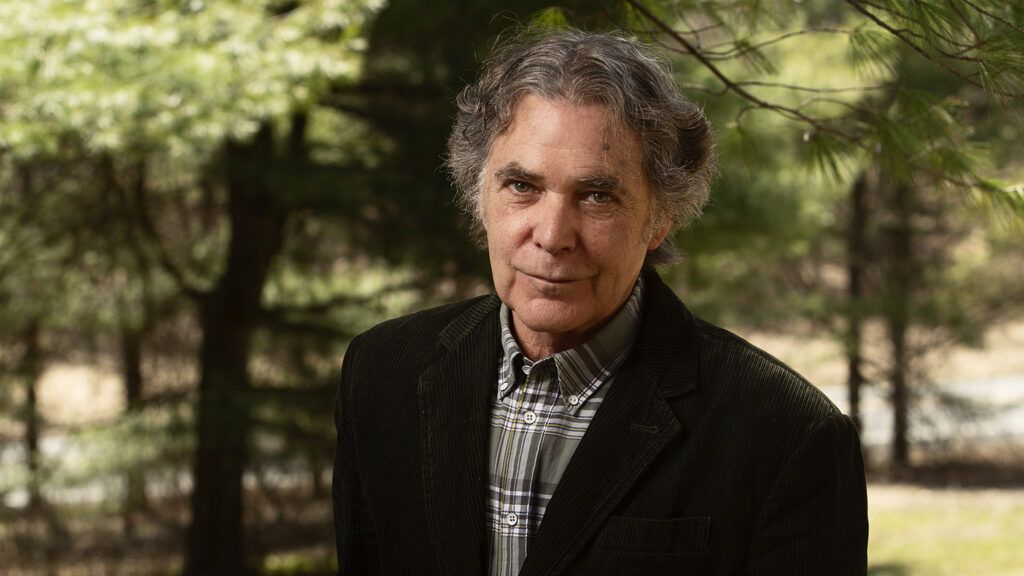Alzheimer’s turned me into a New York Yankees baseball fan. Don’t boo. Hear me out. It’s not what you might think.
I am—or was—a born Philadelphia Phillies fan due to the fact that my mother was a born Phillies fan. She was devoted to all the Philadelphia sports teams but none more than her beloved Phillies. She watched every game and was rarely off her feet, pacing and talking to the players through the TV screen (and occasionally the umpires), clapping her hands and often clasping them in prayer. No shame at all in praying for your boys—Don Demeter, Richie Allen and the sainted Robin Roberts.
Yet truth to tell, devotion can be transitory. We moved to Detroit in the early sixties. The internet was still just a gleam in Al Gore’s eye. No cable yet either. There were only three national networks. How could Mom keep up with her Phillies? She needed a team to root for. So, she fell in love with the Detroit Tigers and all the other Motor City teams…but especially the Tigs. And so, of course, did I. The team would go on later that decade to win the World Series—Mickey Lolich, Willie Horton, Al Kaline—a trophy denied the luckless Phillies since the Truman administration and before that, Wilson.
I went off to Ann Arbor for college and most of my weekly phone conversations with Mom had at least one mention of the Tigers. It was de rigueur. I received an artist-in-residence grant in Taos, New Mexico. Once or twice every week at my general delivery mailing address arrived a package containing the Detroit sports pages, which always had coverage of the Tigers, even during the winter interlude known as hot stove season. Those pages of newsprint stuffed inside manila envelopes often haphazardly taped with Mom’s scrawled return address in the corner—she had dreadful handwriting—were my lifeline, not just to a team I loved but a way to anchor me when I felt lost and uncertain about the future and had started down the path of alcoholism.
The Detroit sports pages kept coming when I went East for graduate school and followed me down from New Haven to New York. And it was there that those sections from the Detroit News and the Detroit Free Press started to break my heart. Sometimes they weren’t the sports pages at all but the financial sections of the papers. Or the Living section. Or something completely irrelevant and bizarre.
She’d call and say, “Ed, did you change your address? I just had a package returned to me.” Of course, Mom had addressed it all wrong, and it was the saddest thing to have to explain that to her, sadder still because she would stubbornly argue about it. Not because she had a point to debate. She was arguing against the fear that her mind was slipping, as happened to her three sisters and a brother, and her father and who knows who else going way back when people didn’t talk about it.
Eventually the envelopes stopped altogether as Mom’s condition worsened, though I’d still look for them, hoping against hope, praying a prayer I knew would not be answered how I wanted it to be answered. I’d think about how she’d drive to the post office in Franklin, a little hamlet that boasted a sign that said, “The Town That Time Forgot”—and which generations of scamps had ritually altered time to brains—in the oversized Monte Carlo my dad left when he died, peering over the steering wheel, her prematurely white hair making her look like a Q-tip driving the car.
Concurrently—and possibly because of losing their greatest fan—the Tigers fell apart. They played poorly, indifferent to losing. At one point it looked like the team wouldn’t make payroll and would have to be bailed out by the other major league teams. It was an embarrassment. Ownership stopped caring. And so did I. I could no longer love the Tigers, not with what they had turned into, and not without Mom and my sports pages in the messily taped manila envelopes that had followed me around the country for so many years.
And there was this young team in the Bronx with exciting homegrown players—Derek Jeter (a fellow Michigander, by the way), Bernie Williams, Jorge Posada, Andy Pettitte (on whom my wife formed a crush). In a strange way this bold and talented young team gave me hope in a very dark time, something to root for. My mother always hated the Yanks, but this version of the team was not the result of the profligate free agency signings of the past, as if ownership was playing with Monopoly money. And it never worked.
So, I became—and remain—a Yankees fan. They are my true hometown team now. I have inherited my mom’s need to root. In 1996, four years before my mother died of Alzheimer’s, the young Yankees improbably won the World Series. Three days after Opening Day that year, I had my last drink, by the grace of God.
Not long before Mom could no longer live on her own, I flew back to Detroit and took her to a Tigers game. We sat in the hulking green ballpark on Trumbull Avenue on a cool sunny day, getting there early so we could hear smart crack of the bats during hitting practice.
I don’t know who the Tigers played or if they won. We left early because Mom was cold, and I knew she was tired and having trouble following the game. So was I. I was thinking of the finality of life and the passion of a true fan and how it lives in the heart, nursed by unending hope. As I helped her up the stairs to the concourse she stopped and turned for one last look at the sun and the shadows and the impossibly green grass. I hoped it was a memory she would never lose.




